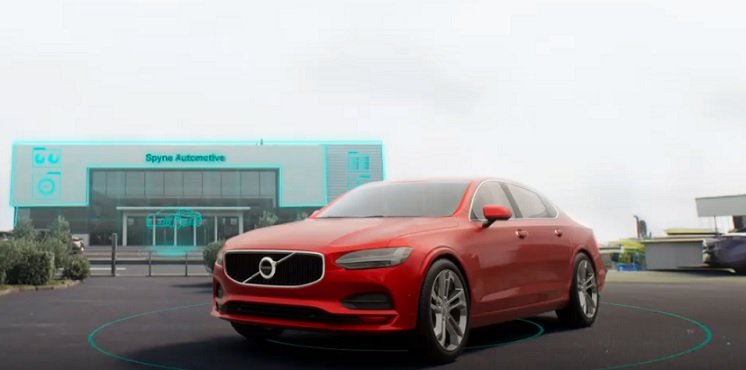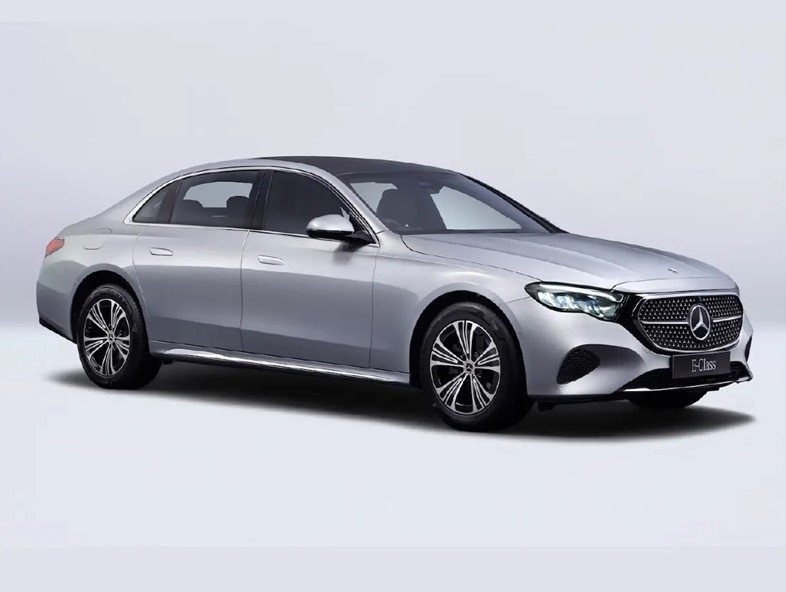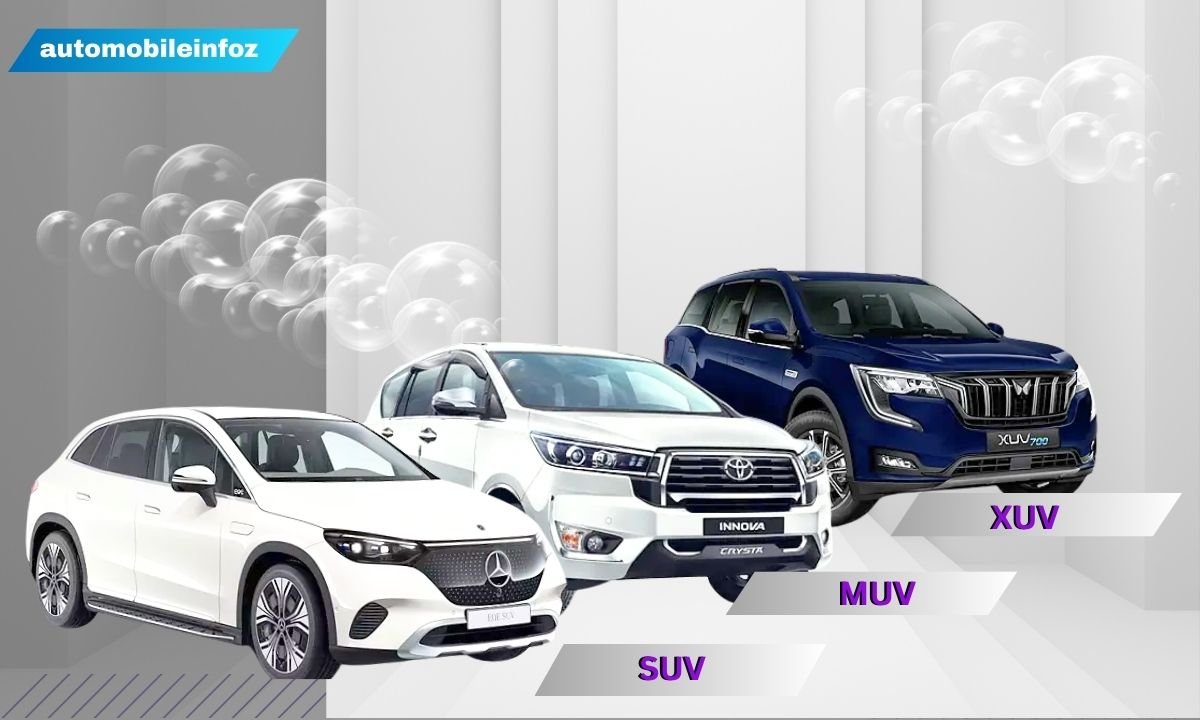Numerous studies show that nearly 54% of inbound phone calls result in higher conversion rates compared to any other lead source. In fact, callers convert 30% faster than web leads, providing a more immediate return on your marketing investment (Source: Forrester). Sadly, though, 80% of these revenue-minting calls end up as lost opportunities.
But why does this happen, and what can automotive dealerships do to fix it instead of just putting a band-aid on the problem?
In this article, we talk about these challenges and reveal how AI-enabled Automotive Answering Services can address them better, helping dealerships capture more leads and convert them.
What is an AI Automotive Answering Service?
An AI automotive answering service acts as an AI employee or an assistant that is trained specifically for smoothing automotive operations and communications. This AI callbot will answer all the incoming calls or leads at the dealership, repair shops, auto parts shops, and automotive finance companies. Additionally, business owners can also make this AI receptionist act as a cold caller. They can simply upload the list of leads they have, and this bot will start doing cold calling or outbound calling to the potential or interested customers. Furthermore, platforms like Spyne offer these AI automotive answering services, with integrated AI CRM, so the business owners can check their leads status, call transcripts, their interest in products or services, and can also schedule follow-ups through the bots themself.
Top 6 Challenges Automotive Businesses Face Without Having an AI Automotive Answering Service
Every delayed response, unanswered call, or missed inquiry is a potential customer lost. Used-car dealerships have reached a tipping point where manual handling each call slows their momentum. Below are some of the challenges that most car dealerships seem to constantly face, fueling the move toward AI-driven answering systems across the automotive industry.
1. Call Overload During Peak Hours
Festive offers, targeted campaigns, or end-of-quarter offers flood dealerships with inquiries. Sales teams juggling test drives and walk-ins are not able to attend to every call. Each call missed = lost showroom footfall, slower inventory turnover & lost opportunity.
2. Disconnected Communication Threads
Leads are all scattered in between calls, texts, and web forms. Without a unified channel, these conversations are scattered, making it harder for concerned teams to track the intent or follow up.
3. Delayed Lead Response Times
Speed-to-lead remains the biggest conversion driver. When follow-ups depend on manual outreach, hot leads (potential car buyers) cool quickly moving to the next available dealer (Leading to a 30% loss in traffic).
4. Gaps in Follow-Up Management
CRM notes and sticky reminders are not helping anymore. Missed callbacks and untracked interactions are creating blind spots in the pipeline, adversely hampering those closing ratios.
5. After-Hours Buyer Activity
Teams working in offices have a log in-log out time, but car buyers don’t. Despite being aware of this fact, most car dealerships won’t respond beyond those hours. Without 24*7 engagement, those after-hours high converting leads never circle back.
6. Overburdened Sales Teams
The sales team is made to wear multiple hats, so they’ll be handling walk-ins, coordinating with finance, updating listings, and fielding calls. With this load of trivial things, handling customer calls becomes difficult, and response quality takes a hit.
How These AI Automotive Answering Services Help Auto Businesses Boost Sales
Quite lately, we’re seeing a shift in how automation in dealership communication is changing the way teams operate. Dealerships are relying on intelligent answering systems that manage the touchpoints, instead of spending hours catering to the burgeoning demand.
1. Faster Response Time
When a potential buyer calls to enquire, in this short journey every minute counts. (ideal speed to lead < 5 min). These automated systems answer instantly, address key questions, and pass qualified leads to keep the momentum up. Using AI answering tools, the call response time can go up to 25% faster, a clear edge when customers actively compare options beyond work timings.
2. Cost-Efficient Scalability
To allocate that limited budget better, expanding team size will come at a cost. By adopting AI answering solutions, teams are able to handle high volumes of inquiries better without shooting the headcount.
3. Automated Appointment Scheduling
The best feature of an automotive answering service is being able to manage leads better. It can take test-drive bookings directly through voice or chat, reducing back-and-forth communication. With this in place, buyers get faster confirmations, and scheduling becomes a cakewalk.
4. Stronger Lead Conversion
Dealerships using automated answering services have reported a 40% higher conversion rates and accuracy in lead tracking. Every conversation is logged into the CRM for timely follow-ups, helping sales teams focus on qualified leads. With systems like these generate up to 30% more high-intent prospects, strengthening the overall sales funnel.
5. Higher Sales Team Efficiency
By handling repetitive queries and FAQs, the system frees up sales staff to focus on higher-value interactions wherever needed. A 40% increase in productive time has been reported by dealers, which allows teams to spend more energy on closing deals instead of chasing missed calls.
The Quiet Advantage
The ecosystem of used car sales is fast-paced, and the ones who respond first usually make the most sales. AI answering systems give dealerships that edge with every call attended, query tracked and lead followed up.
Dealers who adopt see smoother operations, sharper lead quality, and stronger customer confidence. Solutions like Spyne bring that balance of speed and precision every used-car dealer needs to keep their sales pipeline running at full throttle.



